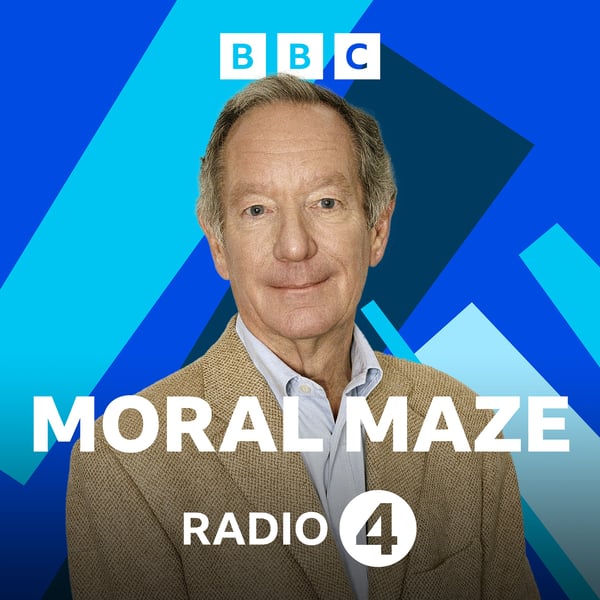Summary
Going to a music festival has become a rite of passage for the post GCSE teenager. Their excitement at the prospect of a long weekend of unsupervised possibility is perhaps only matched by the anxiety of their parents who know exactly what that might entail. Those fears may have been heightened by the news that a music festival in Cambridgeshire has just become the first UK event of its kind to offer people the chance to have their illegal drugs tested to establish the purity of content before they take them. The testing facility, at the Secret Garden Party, was offered with the co-operation of the police. The organisers said the aim was to reduce harm from drug taking and promote welfare. The group conducting the forensic tests this weekend hope other festivals will follow suit. Is this a pragmatic and realistic approach to drug taking that will save lives or a tacit endorsement that will cost them? Is it part of a gradual slide toward decriminalisation of drug taking? According to the 2016 European Drug Report, ecstasy has surged in popularity in Britain among those aged 15-34 in the past three years. Is it logical on the one hand to criminalise the sale of legal highs, but on the other to make it easier to take an illegal drug like ecstasy? Needle exchanges have long been available to registered intravenous drug addicts. Is this a logical extension or does discovering people have illegal drugs and then allowing them to walk away and use them, while the police turn a blind eye, cross a moral Rubicon? It will make it safer for people who want to take drugs, but what about those people who want to attend a festival knowing it is drug free? How should we balance those competing moral goods? Witnesses are Dr Ian Oliver, Johann Hari, Steve Rolles and Deirdre Boyd.
Transcript
Click on a timestamp to play from that location
| 0:00.0 | You're listening to a program from BBC Radio 4. |
| 0:03.8 | Good evening. It's only an estimate, of course, but it seems nearly three million of us in this country deliberately break the law by taking illegal drugs. |
| 0:11.7 | The criminal drugs trade is bigger than the legal confectionery market. And although most use banned drugs only occasionally, and most do not become addicted, they ruin many lives |
| 0:22.0 | and are the root cause of much of our crime. The great debate has been whether to tolerate |
| 0:26.4 | these drugs or wage war on them. This weekend, an attempt was made, arguably for the first time |
| 0:32.1 | at a UK event, to do neither, or more accurately, both at the same time. At a music festival called the Secret Garden in Cambridgeshire, |
| 0:40.0 | the local police were still ostensibly pursuing their zero-tolerance policy on drugs, |
| 0:44.8 | patrolling the site, looking for dealers. |
| 0:47.0 | But they and the local council agreed to allow festival-goers |
| 0:50.1 | to have their drugs tested for impurities or adulteration without them being confiscated. |
| 0:56.2 | The idea, the legal and moral justification was to reduce harm. Indeed, dozens of samples |
| 1:02.4 | proved problematic, if not downright, dangerous. Was this just realistic, a pragmatic response |
| 1:08.8 | to one of the most vexed social issues of our time, |
| 1:12.2 | or has some important line being crossed? |
| 1:14.7 | Is it the back door to decriminalisation, an attempt to normalise an illegal and destructive trade? |
| 1:21.9 | How should we deal with drugs? That's our moral maze tonight. |
| 1:25.2 | Our panel, Melanie Phillips, social commentator on the Times, |
| 1:27.9 | Claire Fox from the Institute of Ideas, the Chief Executive of the RSA, Matthew Taylor, and the |
| 1:32.9 | priest and polemicist, Charles Fraser. Melanie Phillips, do you applaud or decry what went on at this |
| 1:39.8 | festival at the weekend? I decry any muddling of the message that drugs are inherently and intrinsically |
| 1:47.0 | harmful to the users, to others in their ambit and to society in general. They cause violence, |
| 1:54.0 | psychosis, demotivization, demotivation. And the muddled messages will mean more families devastated by drugs, more lives |
... |
Please login to see the full transcript.
Disclaimer: The podcast and artwork embedded on this page are from BBC, and are the property of its owner and not affiliated with or endorsed by Tapesearch.
Generated transcripts are the property of BBC and are distributed freely under the Fair Use doctrine. Transcripts generated by Tapesearch are not guaranteed to be accurate.
Copyright © Tapesearch 2025.

